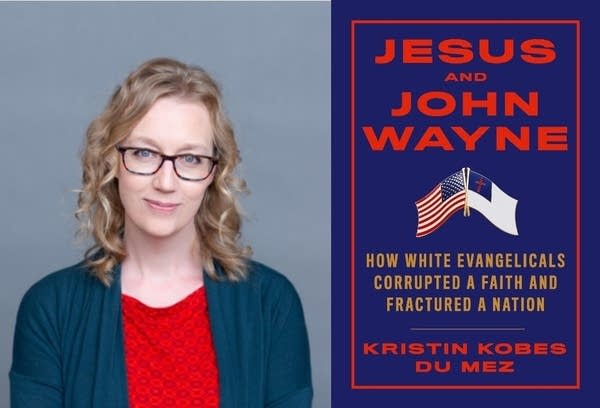I must admit that it took me too long to finally read the book most frequently recommended to me, Jesus and John Wayne by Dr. Kristen Kobes Du Mez (@kkdumez). Once I started reading, I could not put it down!
One of the things I love most about teaching Christian/Church History is helping students “connect the dots” on the movements and threads throughout history. This book has masterfully connected really important dots in our American Evangelical story.

I learned, lived, knew, and have taught a lot of the pieces of the white evangelical experience described in this really well-written academic history. Du Mez has helped me see more clearly how these pieces fit together to explain how “we” got to where we are today.
So much of what she writes about the 1990s in particular was my own experience. I rode in a van with a lot of college guys to Washington, DC for the Promise Keepers Stand in the Gap in 1997, after having attended other PK events. I had a systematic theology course and Christian Ethics from Wayne Grudem when I was doing my M.Div. at TEDS. I learned and experienced terrific lessons from these men! But there’s no question that what “came with it” was a version of masculinity, nationalism, and “militancy” that didn’t quite fit with the rest of the theology I was learning.
The timing for me reading this book ended up working well, because Skye Jethani recently interviewed Dr. Du Mez in a four-part series on the Holy Post podcast. Whether you have read the book already or not, this is really worth listening to. Skye asks some really great questions and offers some head-shaking and head-nodding insights that further brings this great book to life.
At a segment near the end of the final episode (56:03), Dr. Du Mez makes some really important comments about what all this means for the future — especially for institutions. What she has to say resonates strongly with why the three of us decided (or rather were called) to start The Foundry.Listen to the Holy Post Podcast Episodes
Episode 1: Cold Warriors (The ’50s & 60’s)
Episode 2: Culture Warriors (The ‘70s – ‘80s)
